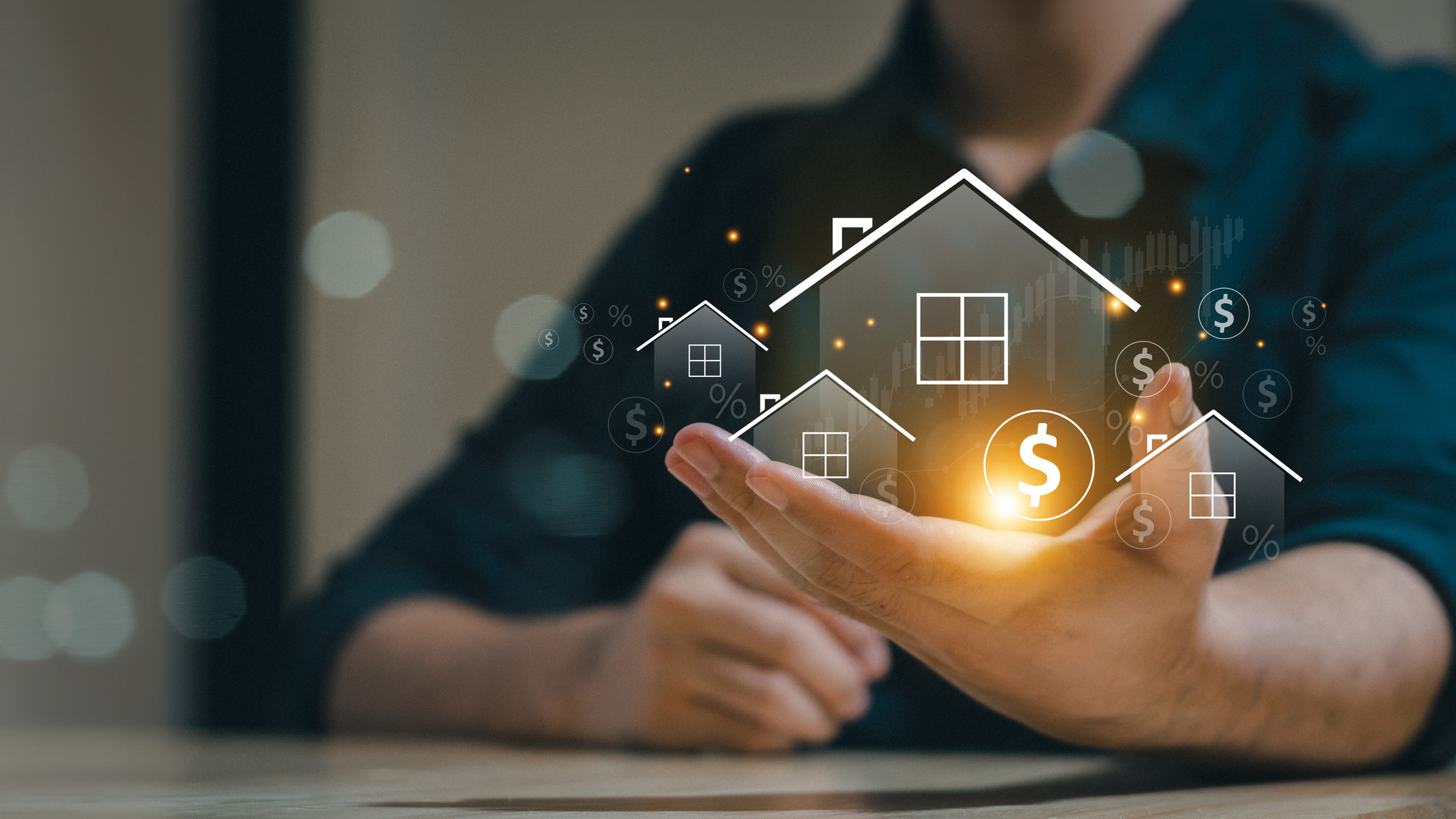Owning a home is one of the most powerful ways to build long-term wealth and financial stability. Instead of paying rent to a landlord, homeowners build equity with every mortgage payment. Over time, homeownership can create a strong financial foundation and a legacy for future generations.
At Midwest BankCentre, we believe that homeownership should be attainable for more people, and we are committed to helping first-time buyers navigate the process. But buying a home is a major financial commitment, and it’s important to understand that a home is more than just its listing price. There are many costs — some expected, others not — that come with owning a home.
Here’s what first-time buyers need to know about the “hidden” costs of owning a home.
1. Upfront Costs
When purchasing a home, you’ll need to budget for some upfront costs, including:
- Down Payment – Typically ranges from 3% to 20% of the purchase price, depending on the type of loan.
- Closing Costs – Usually 2% to 5% of the home price, covering lender fees, appraisal, title insurance, and more.
- Moving Expenses – Whether hiring movers or renting a truck, moving costs can add up. Additionally, utility deposits may be required for electricity, water, and gas.
- Storage Expenses – If renovations or repairs are needed before move-in, temporary storage for belongings may be necessary.
- Initial Repairs & Upgrades – Many homes need immediate fixes or personal touches, such as new paint, flooring, or appliances.
- Furniture – New homeowners often underestimate the cost of furniture and décor.
2. Monthly & Recurring Costs
There are multiple recurring costs that come with homeownership:
- Mortgage Payment – Includes both principal and interest.
- Property Taxes – These vary by location and can be a significant annual expense. Property taxes are often included in your escrow payment.
- Homeowners Insurance – Required by lenders, this policy protects your home against damage, theft, and liability.
- Private Mortgage Insurance (PMI) – If you put down less than 20%, PMI may be required, adding 0.5% to 2% of the loan amount annually.
3. Regular Homeownership Expenses
- Utilities – Electricity, water, gas, trash pickup, and internet often cost more than in a rental.
- HOA Fees – If your home is in a community with a homeowners association, monthly or yearly dues may apply.
- Lawn Care & Landscaping – Maintaining a yard can require equipment, supplies, or professional services.
- Security Systems – Many homeowners opt for security systems, which can have installation and monthly monitoring fees.
4. Unexpected Costs
Homeownership also comes with unexpected expenses that can strain your budget, such as:
- Home Maintenance & Repairs – A good rule of thumb is to budget 1% to 3% of your home’s value per year for maintenance.
- Appliance Replacements – Water heaters, air conditioners, and major appliances eventually need to be replaced.
- Roof, Foundation, and Plumbing Issues – Major repairs can be costly and are often unavoidable over time.
- Pest Control – Infestations of termites, rodents, or other pests require professional treatment.
- Property Value Changes – Rising home values may increase property taxes, leading to higher escrow payments.
5. Long-Term Costs
While these costs are not immediate, it’s good to keep them in mind:
- Refinancing & Interest Rate Changes – If rates rise, refinancing may not always save money.
- Home Improvements & Renovations – Even if your home doesn’t need repairs, most homeowners invest in upgrades over time.
- Resale Costs – Selling a home involves realtor commissions (typically 5% to 6%), closing costs, and potential repairs to prepare for the market.
How First-Time Buyers Can Prepare
The key to successful homeownership is preparation. Before buying a home, be sure to do the following:
- Build an Emergency Fund – Set aside at least 3 to 6 months’ worth of expenses to cover unexpected home-related costs.
- Get a Home Inspection – A thorough inspection helps uncover hidden issues before purchasing. Take note of the age and condition of the roof, foundation, and major appliances to avoid costly surprises.
- Understand Insurance & Warranties – Home warranties can help cover certain repairs but come with limitations, so research carefully.
I know these expenses may feel overwhelming, but they are manageable with the right planning — and the right partner. At Midwest BankCentre, we’re dedicated to helping more people achieve their dream of homeownership in an affordable and sustainable way. If you’re ready to get home, visit MyHomeLoanSTL.com or contact our team of home loan specialists at 314-631-5500.
Owning a home is one of the best investments you can make in your financial future. Let’s make sure you’re fully prepared for the journey.
Originally published in the Labor Tribune’s March publication by Wes Burns, Executive Vice President of Community and Economic Development.



